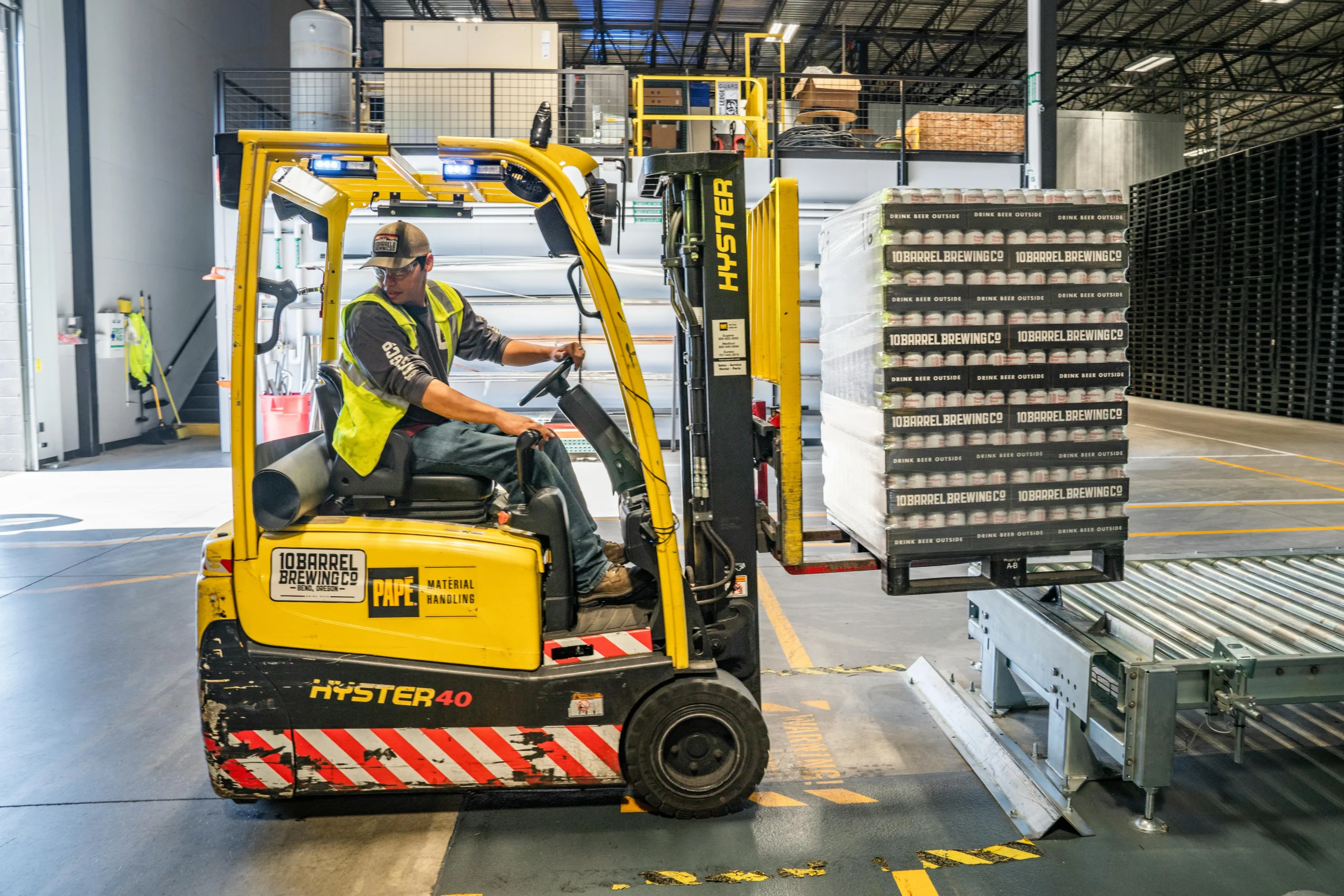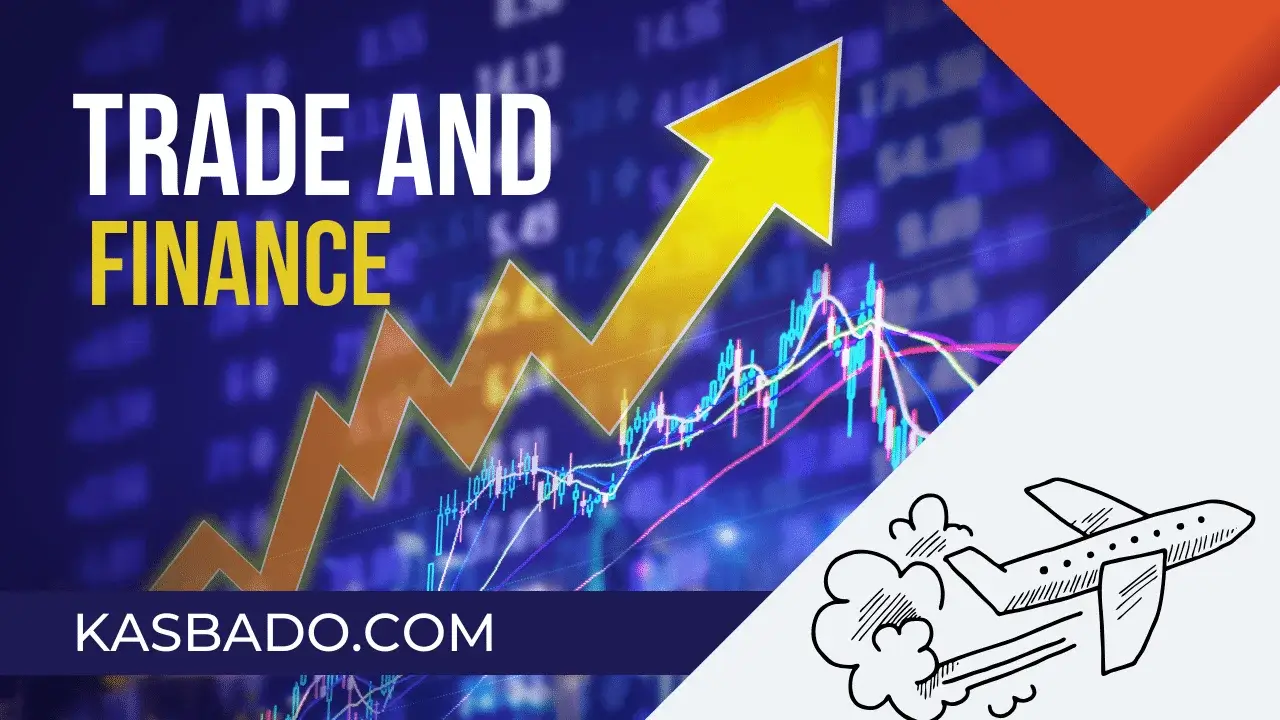Introduction
Trade is an essential part of economic growth, and international trade has become increasingly important in today’s globalized economy. The growth of international trade has led to the creation of international organizations that play a vital role in regulating and promoting trade. These organizations are essential for creating a level playing field and ensuring that trade is fair and beneficial for all countries involved. This article will examine the role of international organizations in regulating and promoting trade, including their history, functions, and contributions.
Outline
I. History of International Organizations in Regulating and Promoting Trade
- The League of Nations
- The International Trade Organization
- The World Trade Organization
II. Functions of International Organizations in Regulating and Promoting Trade
- Setting Rules and Standards
- Dispute Settlement
- Providing Technical Assistance
- Facilitating Negotiations
- Promoting Trade
III. Contributions of International Organizations in Regulating and Promoting Trade
- Enhancing Economic Development
- Promoting Globalization
- Supporting Small and Medium Enterprises
- Creating a Stable and Predictable Trading Environment
- Reducing Poverty and Inequality
IV. Challenges Faced by International Organizations in Regulating and Promoting Trade
- Resistance from Some Countries
- Lack of Consensus among Members
- Global Economic Turmoil
- Political Instability in Member Countries
- Technological Disruptions
V. Conclusion
History of International Organizations in Regulating and Promoting Trade
International organizations have been involved in regulating and promoting trade for over a century. The first attempt at creating an international organization to regulate trade was the League of Nations, which was established after World War I. The League of Nations was created to promote international cooperation and prevent future wars by establishing rules for international trade. However, the League of Nations failed to achieve its objectives, and it was disbanded after World War II.
After World War II, the United Nations was created to promote international cooperation and peace. One of the agencies established by the United Nations was the International Trade Organization (ITO). The ITO was intended to be a comprehensive organization that would regulate all aspects of international trade, including tariffs, subsidies, and other trade barriers. However, the ITO was never ratified, and it was replaced by the General Agreement on Tariffs and Trade (GATT) in 1947.
The GATT was a multilateral agreement that was designed to promote free trade by reducing tariffs and other trade barriers. The GATT played a significant role in promoting economic growth and reducing poverty in many developing countries. However, the GATT was limited in scope and did not cover many important areas of trade, such as services and intellectual property.
The World Trade Organization (WTO) took its place as the GATT’s successor in 1995. The WTO is a multilateral organization that has a broader mandate than the GATT. The WTO has 164 members and is responsible for regulating international trade, negotiating new trade agreements, and resolving disputes between member countries.
Functions of International Organizations in Regulating and Promoting Trade
International organizations play several critical functions in regulating and promoting trade. These functions include setting rules and standards, dispute settlement, providing technical assistance, facilitating negotiations, and promoting trade.
Setting Rules and Standards
One of the primary functions of international organizations in regulating and promoting trade is to set rules and standards for international trade. These rules and standards help create a level playing field and ensure that trade is fair and beneficial for all countries involved. For example, the WTO sets rules and standards for trade in goods and services, intellectual property, and dispute settlement.
Dispute Settlement
Another critical function of international organizations is dispute settlement.
Disputes can arise when countries feel that another country is violating trade agreements or acting in a way that is harmful to their own economy. International organizations provide a forum for countries to resolve disputes in a peaceful and fair manner. For example, the WTO has a dispute settlement system that allows member countries to bring disputes to a panel of experts who will evaluate the case and make a ruling.
Providing Technical Assistance
International organizations also provide technical assistance to member countries to help them develop their trade-related infrastructure and policies. This can include providing training, advice, and financial support to help countries implement trade agreements and improve their trade performance. For example, the International Trade Centre (ITC) provides technical assistance to help small and medium-sized enterprises (SMEs) in developing countries improve their export capabilities.
Facilitating Negotiations
International organizations also play a role in facilitating negotiations between member countries. Negotiations can be challenging, particularly when countries have different priorities or interests. International organizations can provide a neutral forum for negotiations and help to bridge gaps between countries. For example, the WTO provides a platform for negotiating new trade agreements, such as the recent Trade Facilitation Agreement, which aims to streamline customs procedures and reduce trade barriers.
Promoting Trade
Finally, international organizations play a critical role in promoting trade. Trade can bring significant benefits to countries, including increased economic growth, job creation, and poverty reduction. International organizations can promote trade by raising awareness of its benefits and providing platforms for businesses to connect with each other. For example, the International Chamber of Commerce (ICC) provides a platform for businesses to engage in trade and provides guidance on international trade regulations and best practices.
Contributions of International Organizations in Regulating and Promoting Trade
International organizations have made significant contributions to regulating and promoting trade. Some of the key contributions include enhancing economic development, promoting globalization, supporting SMEs, creating a stable and predictable trading environment, and reducing poverty and inequality.
Enhancing Economic Development
International organizations have played a significant role in enhancing economic development in many countries. By promoting trade, international organizations have helped to create new opportunities for businesses, increase exports, and attract foreign investment. This has prompted expanded financial development and occupation creation in numerous nations. For example, the ITC has helped SMEs in developing countries to increase their exports, which has led to increased economic growth and job creation.
Promoting Globalization
International organizations have also played a crucial role in promoting globalization. Globalization has helped to create a more interconnected world, where businesses can operate across borders and consumers have access to a wider range of goods and services. By promoting trade, international organizations have helped to break down trade barriers and promote the free flow of goods and services across borders. This has prompted expanded financial development and occupation creation in numerous nations.
Supporting Small and Medium Enterprises
International organizations have also played a critical role in supporting SMEs. SMEs are an essential part of many economies, and they can often face significant challenges when it comes to exporting their goods and services. International organizations have provided technical assistance, training, and financial support to help SMEs overcome these challenges and increase their exports. This has prompted expanded financial development and occupation creation in numerous nations.
Creating a Stable and Predictable Trading Environment
International organizations have helped to create a stable and predictable trading environment by setting rules and standards for international trade. This has helped to reduce uncertainty and risk for businesses that operate across borders. By promoting a stable and predictable trading environment, international organizations have encouraged investment and increased economic growth in many countries.
Reducing Poverty and Inequality
Finally, international organizations have helped to reduce poverty and inequality by promoting trade. Trade can bring significant benefits to countries, including increased economic growth, job creation, and poverty reduction. By promoting trade, international organizations have helped to reduce poverty and inequality in many
countries. For example, the United Nations Development Programme (UNDP) has worked to promote trade as a means of reducing poverty and achieving sustainable development. This has included providing technical assistance and support to developing countries to help them improve their trade performance and access new markets.
Challenges Faced by International Organizations in Regulating and Promoting Trade
While international organizations have made significant contributions to regulating and promoting trade, they also face a number of challenges. Some of the key challenges include:
Resistance from member countries: International organizations rely on member countries to implement trade agreements and regulations. However, some countries may resist these efforts, either because they see them as harmful to their own interests or because they lack the capacity to implement them effectively.
Complexity and diversity of issues: Trade is a complex and multifaceted issue that touches on a wide range of economic, social, and political factors. International organizations must navigate this complexity and diversity in order to effectively regulate and promote trade.
Lack of resources: International organizations often lack the resources and capacity to effectively carry out their mandates. This can limit their ability to provide technical assistance, facilitate negotiations, and resolve disputes.
Inequities in the global trading system: The global trading system is not always equitable, with some countries and regions benefiting more than others. International organizations must work to address these inequities in order to promote fair and inclusive trade.
Conclusion
In conclusion, international organizations play a critical role in regulating and promoting trade. By setting rules and standards for international trade, providing technical assistance and support, facilitating negotiations, and promoting trade, international organizations have helped to create a more interconnected and prosperous world. While they face a number of challenges, including resistance from member countries, the complexity and diversity of issues, lack of resources, and inequities in the global trading system, international organizations continue to play a vital role in promoting fair and inclusive trade for all.








